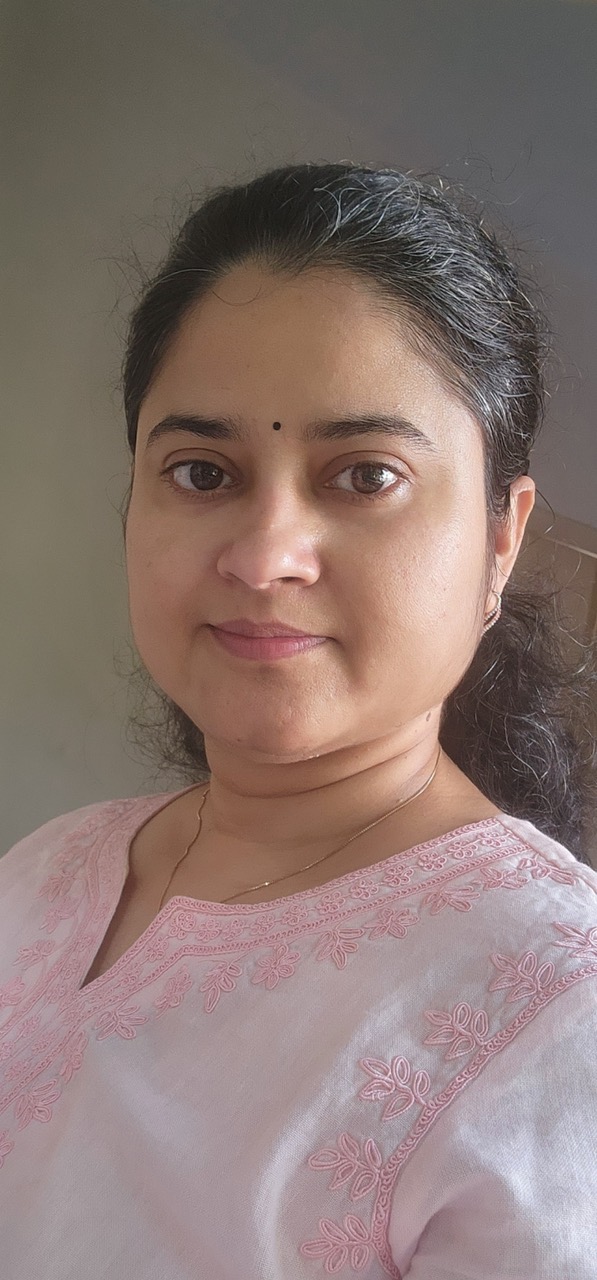2022 Leadership Journey Project: Strategic data collection to understand breast cancer epidemiology in India
In the early 2000s, as a young aspiring student in India, immensely allured by the process of science, I constantly deliberated on what makes developed countries better at quality research output. I got intrigued by the disparity. To understand the reasons, I made a conscious decision to go for a PhD overseas, despite having a prestigious CSIR fellowship in India. During my PhD at the University of Maryland, I was offered every opportunity to explore with open arms and without judgement. My best teachings came from my postdoctoral work at MGH-Harvard. Not only did I gain experience in cancer biology, but I also became the person I am today, taking the team forward with constructive encouragement and a focus on the greater good. My colleagues appreciated my forthrightness and taught me to be unabashed about it. My move to Singapore was translational in every sense. I was a young mother, an early career scientist and determined to prove that success can be effortless even for a woman. My work focused on molecular pathology and translational breast cancer research in Singapore. I returned to India, armed with a DBT fellowship, eager to test my learnings. At my current institute, I started leading translational projects that were in nascent stages. With immense support from the senior management, I conceptualized and initiated the breast tissue biobank with the vision that tissue repositories with annotated patient data are essential to understand cancer profiles and identifying targeted therapies. In 2020, the pan-India network came together to build a cancer genome and molecular profiling consortia, Indian Cancer Genome Atlas (ICGA). My efforts to set up a biobank integrated well with this national program. I am now nominated to be the Convener of Science Leadership Team for the ICGA. I consider this one of the highest rewards a young scientist can expect to receive.


